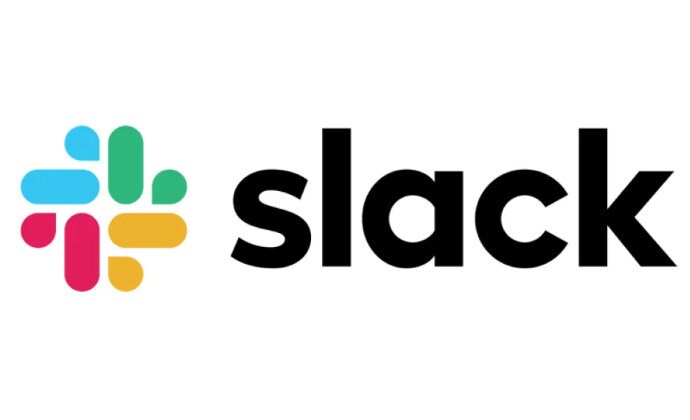Slack has become a popular choice for project management, offering teams a centralized platform for communication and collaboration. While it has many benefits, there are also drawbacks to consider. Let's delve into the pros and cons of using Slack for project management.
Pros:
1. Real-time Communication:
Slack allows for instant messaging, facilitating quick decision-making and feedback loops. This can be crucial for project management.
2. Organized Channels:
Channels in Slack help organize conversations based on topics, projects, or teams, and making it easier to find information.
3. Integration Capabilities:
Slack integrates with various services, such as Google Drive, Trello, and Jira. This streamlines workflow and reduces the need to switch between apps.
4. File Sharing:
Slack enables easy sharing of files, documents, and media, ensuring that team members have access to the latest information and resources.
5. Search Functionality:
Slack's search feature allows users to quickly find past conversations, files, or specific information. This feature enhances productivity and knowledge sharing.
6. Customization:
Slack offers a range of customization options, allowing teams to tailor the platform to their specific needs and preferences.
7. Remote Collaboration:
Slack is ideal for remote teams, providing a virtual workspace where team members can collaborate regardless of their physical location.
Cons:
1. Notification Overload:
Slack's notifications can be overwhelming, especially for large teams or busy channels. It can lead to distractions and decreased productivity.
2. Learning Curve:
Some team members may find Slack's interface complex which can hinder initial adoption. It will require time to learn and adapt,
3. Security Concerns:
Slack has faced security breaches in the past, raising concerns about the safety of sensitive information shared on the platform.
4. Limited Project Management Features:
Slack offers basic project management features, such as task assignment and deadlines, but may not be as robust as dedicated project management tools.
5. Dependency on Internet Connectivity:
Slack relies on internet connectivity, so teams in areas with unstable or limited internet access may face challenges in using the platform effectively.
6. Cost:
While Slack offers a free version, more advanced features and functionality are available in paid plans, which may be costly for some teams.
Slack can be a valuable tool for project management, offering real-time communication, organized channels, and integration capabilities. However, teams should also be aware of its limitations, such as notification overload, security concerns, and limited project management features. Ultimately, the decision to use Slack for project management should be based on the specific needs and preferences of the team.
